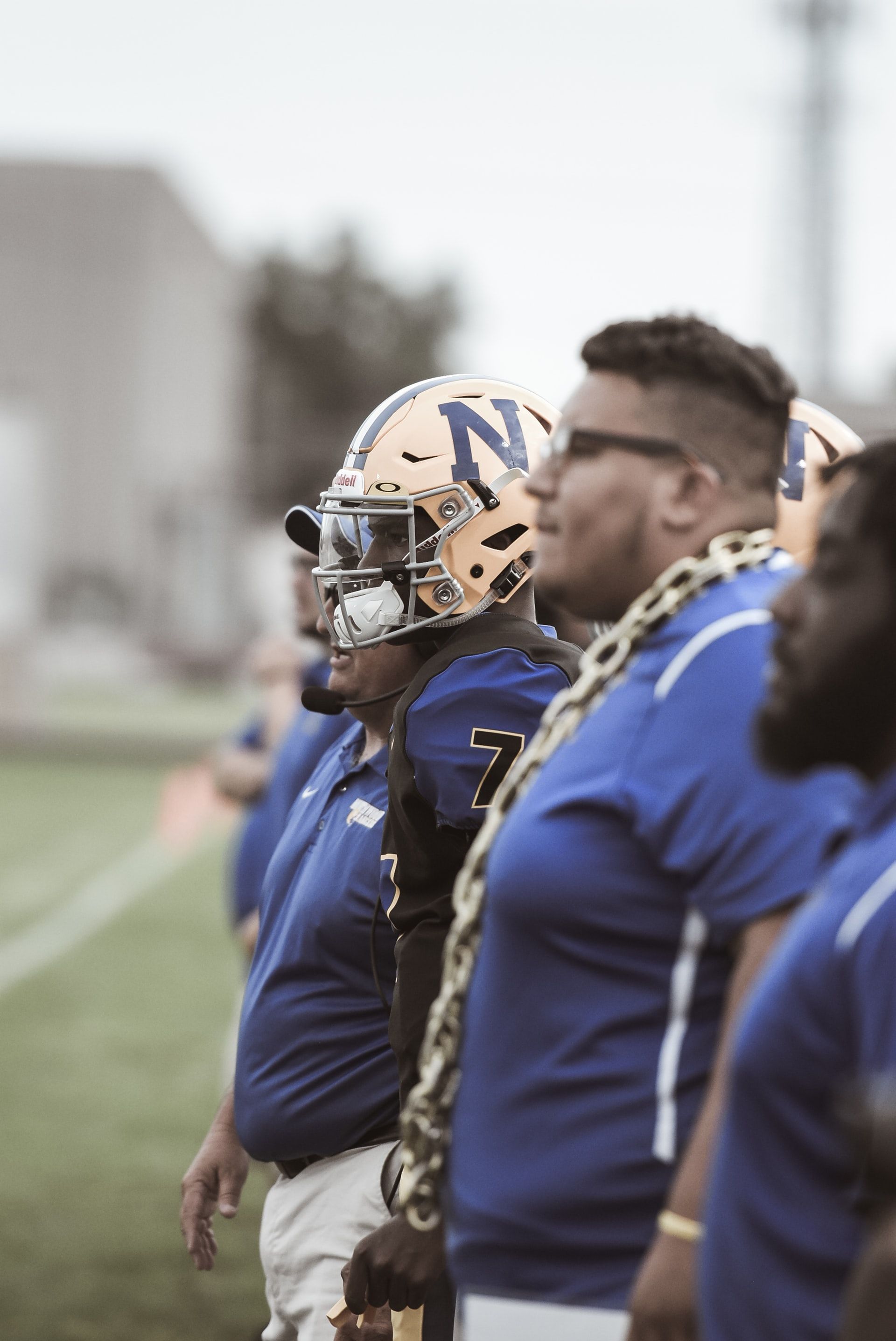
It’s all well and good for an individual athlete to know how to deal with a high-pressure situation. But if their teammates and coaches crack, then the team is still likely to lose. In this post, sports psychologist and Champion’s Mind creator Dr. Jim Afremow provides helpful tips for handling pressure as a group, gaining the respect of teammates as a leader, and keeping athletes’ attention during big moments.
What can my players do to better manage pressure in situations as a team?
Handling pressure starts with what you do and say as the coach. Even your senior players will look to you to model how you expect them to deal with stressful situations. If you lose your cool, get upset, or get angry with them, they’ll follow your lead. Similarly, if you learn to become a paragon of poise by staying calm and collected no matter what the scoreboard says, what the conditions are like, or how the referees are making calls, they’ll do likewise.
Pressure tricks us into thinking that we need to do more than we’re capable of to win. That’s not true. Make this clear before the game starts. To prevail, all your players need to be is themselves. Remind them of all the hard work you’ve put in during practice as a unit and implore them to trust their training. This doesn’t require a cinematic locker room speech. Just let them know that you trust them, have confidence in their abilities, and believe they can beat anyone. Then keep this consistent with how you act on the sidelines during the match, during timeouts, and at halftime. Remember that confidence breeds more confidence and also calm.
How can I gain the respect of my teammates as a leader?
It’s easy to fall into the trap of trying to be someone you’re not when attempting to display leadership qualities. In contrast, I’d urge you to be the kind of leader that jives with your own personality. If you’re a loud encourager, then be that way during practice. But if you’re a quiet hard worker, then model leadership by giving your best in every drill.
It’s also worth noting that true leadership never takes a day off. It’s no good leading your teammates well on the court if you’re going to be a bad influence the moment the final whistle blows. You’ve got to be consistent in how you carry yourself, treat others, and embody the team’s core values. Part of this is being brilliant with the basics. Make an effort to show up on time, serve your teammates and coaches, and make the most of your ability. Do that for long enough and your peers will respect you and follow your lead.
If I sense that my team’s attention is drifting during key moments of a game, how can I bring my players back to the present moment?
I tell the athletes and coaches that I work with that they need to be where their feet are. When I was a sports psychologist at Arizona State University (ASU), I’d often ask an athlete, “What are you thinking about in the classroom?” They’d typically reply, “I’m thinking about practice.” Then I’d ask, “So what are you thinking about during practice?” and they’d say something like, “I’m thinking about all that homework I have to do later.” This shows that athletes’ minds tend to drift. To counteract this, encourage them to do what the Navy SEAL commanders teach their new recruits and just focus on the next 10 feet of trail in front of them. Another way to say this is, “Next play, best play.”
Want Your Team to Come Through in the Clutch?
If you found this post helpful, you’ll find plenty more tools, techniques, and tips for handling pressure, playing with confidence, and keeping mentally strong in adverse situations in the Champion’s Mind team program. It includes unlocked access to our 12-module course, 140+ daily audios, a 37-page mental training guide, and more, so your team can make mindset your biggest weapon on the field and in life.
Click here to learn more, and if you’re ready to see the program in action, tell us a little about your team.

